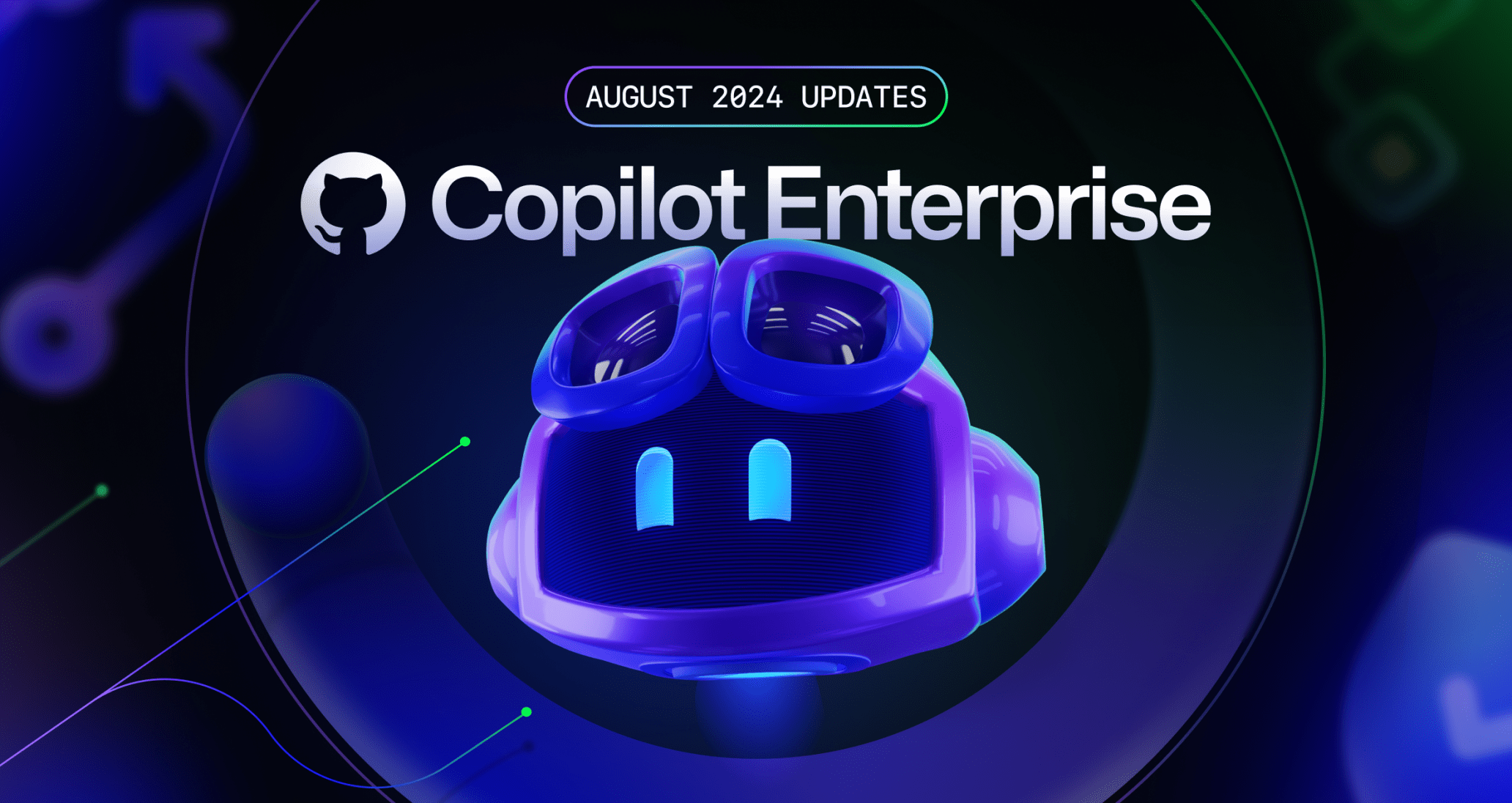Improvement
Copilot Chat in GitHub.com now can search across GitHub entities

With this change, you can now use natural language within Copilot Chat in GitHub.com to search across GitHub to find commits, issues, pull requests, repositories, and topics.
Try it yourself:
– What are the most recent issues assigned to me?
– What repos are related to [insert topic]?
– What is the most recent PR from @user?
We’ve also made some changes under the hood to make Copilot more efficient with how it stores conversation histories. This means that Copilot can now remember more of the history of your conversation which should result in more informed and reliable responses ✨.
Join the discussion within GitHub Community.